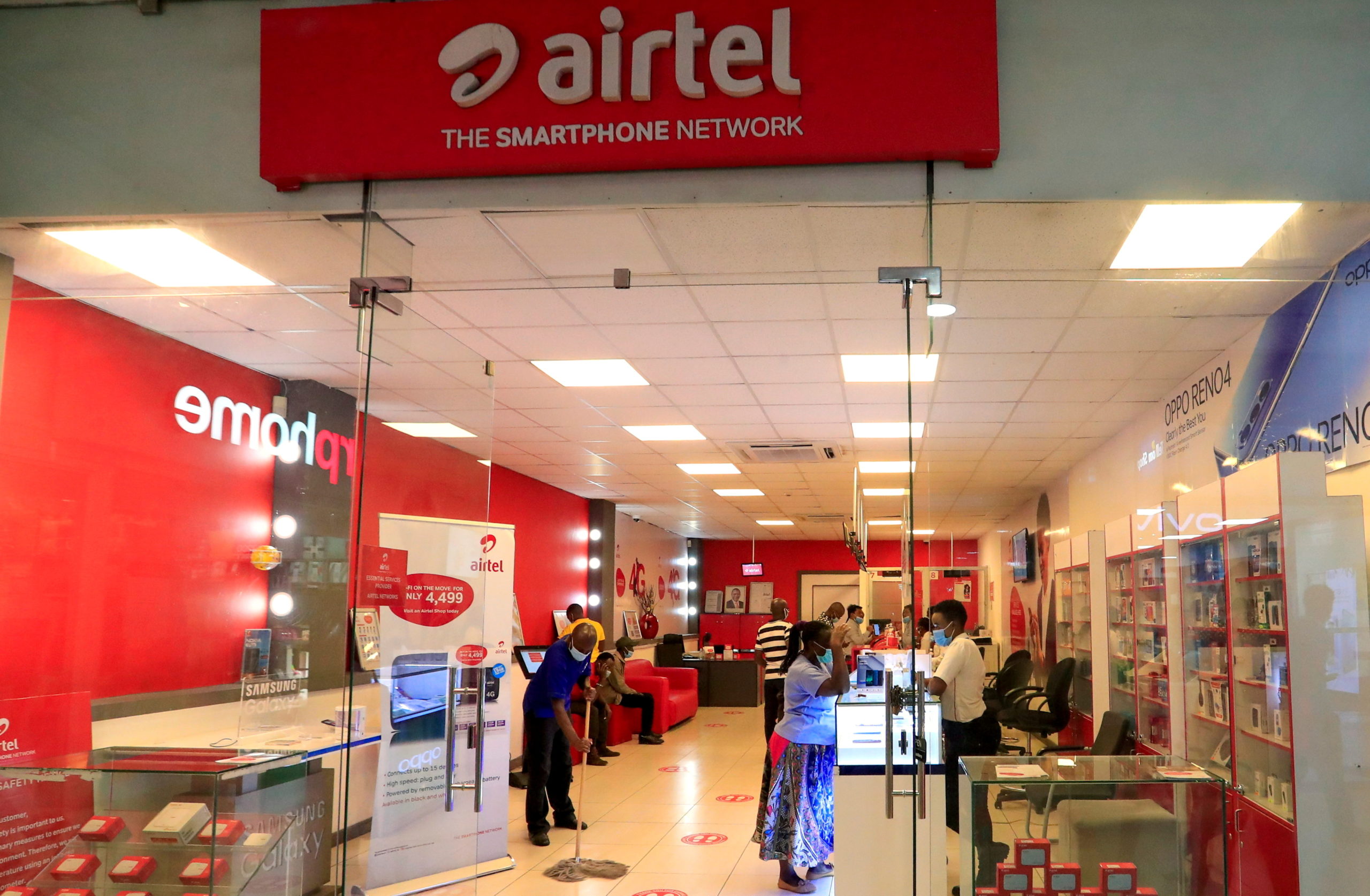Airtel Kenya has achieved a notable success in the local voice market, attaining a market share of 35.1% in Q3’2023, ending in September. This represents a significant increase from the 32.4% recorded in Q2’2023, which concluded in June.
The victory resulted in 7.8 billion minutes, up from the 6.9 billion minutes in Q2’2023, marking its highest performance in over three and a half years. This gain comes at the expense of Safaricom, which experienced a decline in market share during the same period, intensifying the ongoing competition between the two telecommunications giants.
Safaricom’s market share dropped to 64.0% (14.2 billion minutes) from 66.2% in Q2’2023. For Airtel, this represents the highest voice market share since the peak of 40.3% in September 2019, while Safaricom reached its lowest point in three years, reminiscent of the 62.1% recorded in June 2020.
According to the comprehensive report by the Communications Authority (CA), Airtel Networks led in on-net minutes, while Jamii Telecommunications dominated in off-net minutes, attributed to the favorable tariffs offered by both operators.
Airtel’s success aligned with its strategic pricing approach, providing the lowest pay-as-you-go tariffs at an average of KES 2.8 and KES 4.5 per minute for on-net and off-calls, respectively, according to CA data. In comparison, Safaricom charged an average of KES 4.9 per minute, and Telkom Kenya’s rates stood at an average of KES 3.5 during the same period.
Facing challenges in competing with Safaricom and Airtel, Telkom witnessed a decline in market share to 0.7% in Q3’2023, down from 1.3% in Q2’2023. Meanwhile, Jamii Telecommunications maintained a share below one percent at 0.02%, offering the most economical rates for calls to other networks.
The perennial pricing battles between Safaricom and Airtel have long characterized the local talk-time market. Airtel’s strategic move to offer lower rates aimed to attract callers and boost revenue, occasionally leading to protests from Airtel regarding Safaricom’s allegedly unsustainable calling promotions.
Looking ahead, a broader reduction in rates is anticipated from next year as new charges for Mobile Termination Rates (MTR) are set to take effect in March 2024. The CA has reduced MTR to KES 0.41 from the current KES 0.58, a change expected to result in lower calling tariffs for consumers.
While voice remains a pivotal service for telcos, it is no longer considered the primary growth driver due to market saturation and competition from alternative communication channels. The telecommunications landscape is poised for further evolution with impending changes in pricing dynamics.















